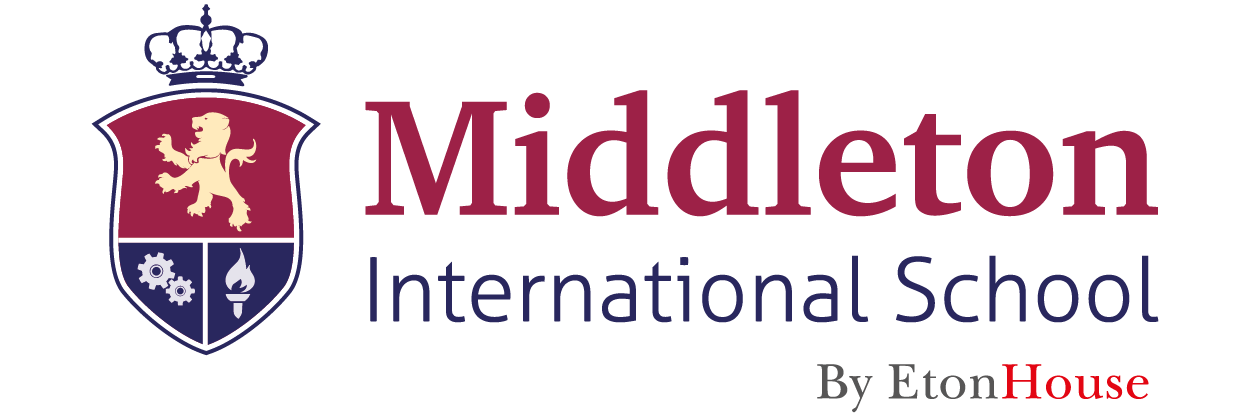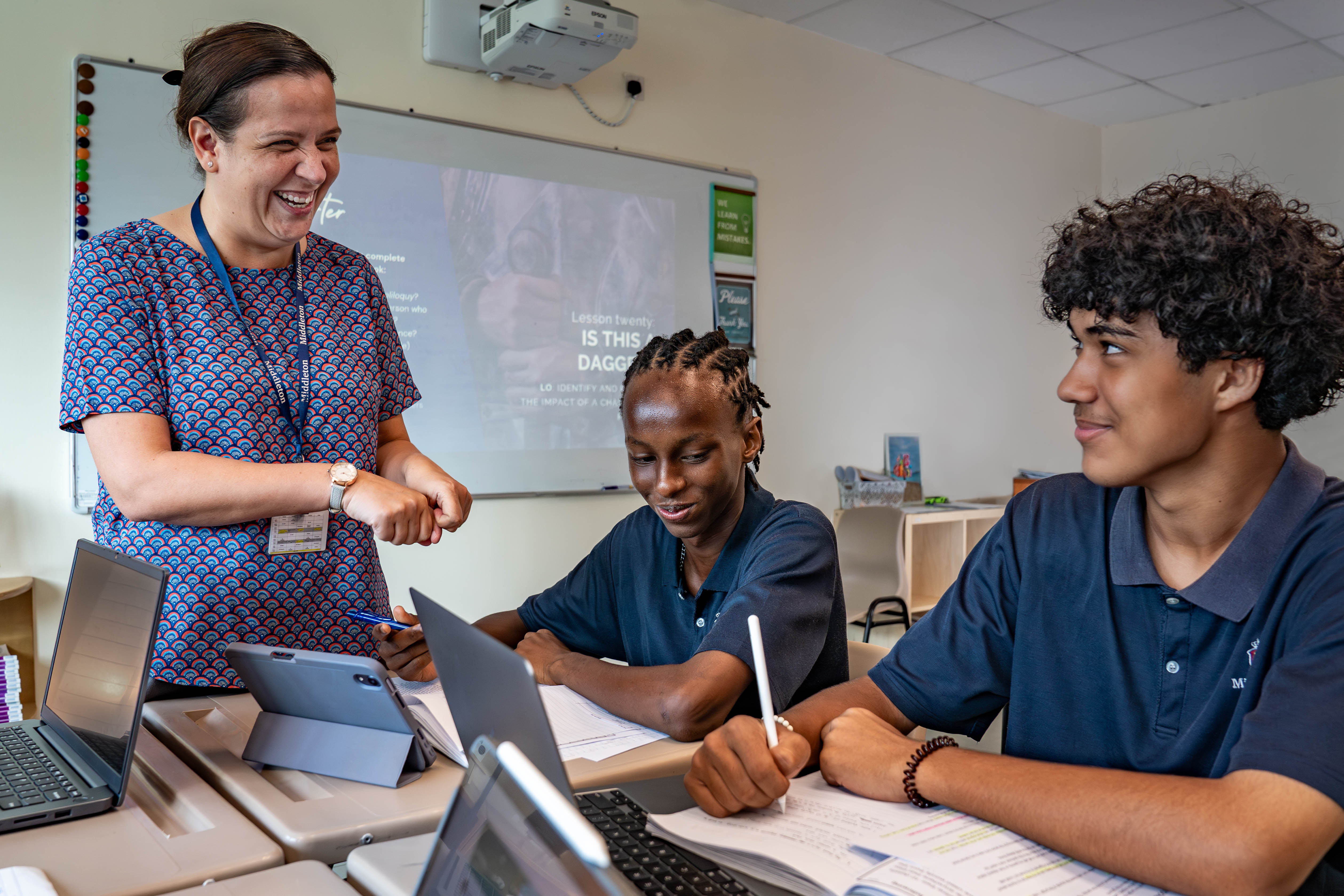
Adam Charles Harbinson
Adam Charles Harbinson is the Principal of Middleton International School. Hailing from the UK, his extensive experience in education and leadership has seen him across schools in the UK and China. Adam also holds a Degree in Astrophysics from UCL! He enjoys and tries to find time for tinkering with, adapting and learning new experiments and investigations. He firmly believes that at the heart of learning should be the thrill of discovery.
Choosing the right high school programme for your child is an important decision and one where many parents will feel the pressure of getting it wrong.
Both the IB Diploma and International A-Levels are two-year programmes that are recommended for students aged 17 to 19. They both have externally assessed terminal exams (though we will discuss some divergence on that below), and it can be daunting to delve into the relative merits of each if you are new to them. The good news is that both are excellent in their own right and, crucially, Universities across the world understand and recognise both very well.
While it’s tempting to look at the advantages of one programme over the other, a more useful way to view the decision is to see them as trying to achieve several similar objectives but by doing so in quite different ways:
Assessments
An easy place to start would be with how assessment is spread out. For the IB Diploma, courses are all assessed at the end of the second year, and there are also some internal assessments that students have to work on throughout the course. By contrast, the International A-Level assessments are spread out across both years. Most courses, with a few exceptions, involve taking exams at the end of the first year as well as at the end of the second. This has the advantage of allowing students to retake exams if they fall short the first time to get the best possible grades. It also allows schools to provide rigorous predicted grades to universities when it comes time for applications.
Subject Choices
One way in which the IB Diploma and the A-Level diverge more significantly is in the required breadth of study. Briefly, the IB Diploma courses are organised into six subject groups (which include “Language and Literature”, “Language Acquisition”, “Individuals and Societies”, “Sciences”, ”Mathematics”, and “Arts”), and students must choose three HL and three SL courses across them. The A-Level is more flexible in allowing students to choose just three or four subjects as they wish, based on their strengths or what they want to pursue in university. You want to take all three sciences and maths? Great, go for it! You think you might want to go into the sciences, but you really enjoyed history too? Wonderful: take a combination of sciences and humanities. Even if students have absolutely no idea of what to do at university or for their career, don’t worry. They can keep their options open by selecting a variety of courses across different subject areas, taking into consideration what they enjoy or are likely to score well in, and the transferrable skills demonstrated by different subject choices to showcase their capabilities in the different areas.
Skills Provision
Skills provision is another area where the IB Diploma and A-Levels diverge in their approach. As mentioned above, the IB Diploma courses involve explicit internal assessment and also include the requirements to complete the DP core comprising the Theory of Knowledge (TOK), Extended Essay, and Creativity, Activity and Service (CAS). I have had students who lamented that, despite how a failure on TOK or Extended Essay will result in failing the whole IB Diploma, it is only worth a maximum of three diploma points. That actually is a virtue. It’s important enough that it MUST be done, but not worth so many marks that it ruins your diploma score if all does not go well; the objective is to encourage students to explore! While internally assessed activity is not the default of many A-Level courses, subject-specific skills are heavily embedded into every course, and some subjects, such as science, also have practical exams that test them explicitly. Students who like the idea of the Extended Essay may also choose to do the Extended Project Qualification (EPQ) as part of their A-Level, and it is worth an AS grade. Schools are also known to supplement students’ A-Level subjects with a holistic approach beyond academics. This could include life skill courses, opportunities to assume responsibilities or leadership positions, or completing external-run self-development programmes like the National Youth Achievement Award or the Duke of Edinburgh Award. Such programmes will help enrich students’ high school experience and help them build a comprehensive and meaningful CV that would benefit university admissions and future employment.
Hopefully, this paints a picture of two different programmes that have plenty of things in common, and are both good-value in their own right. When selecting what may be the best choice programme for you and your child, you may want to consider which approach suits your child’s learning style the best. The goal is to pick the programme that your child will be able to excel in and therefore open up more university options.
And finally, seeking advice from a University guidance counsellor will help you to find a course and a combination of subjects that puts your child on the path to their goals or gives them the flexibility to do whatever they decide later in their education.
The International A-Levels programme has two intakes, in January and August, and exams are held twice yearly in May/June and October/November. At Middleton International School, we are committed to providing high-quality education from Pre-School to High School at an affordable fee. Beyond Primary education, we offer the internationally recognised Cambridge Lower Secondary, IGCSE, and International A-Levels programmes at our Tampines campus, following a January to December academic calendar. Furthermore, our sister school, EtonHouse International School Orchard, offers the IGCSE and International A-Levels on a different schedule, running from August to June. This provides families the flexibility to choose an academic calendar that best suits their preferences.
Find out more about Middleton’s International A-Levels programme and see how learning takes place.

